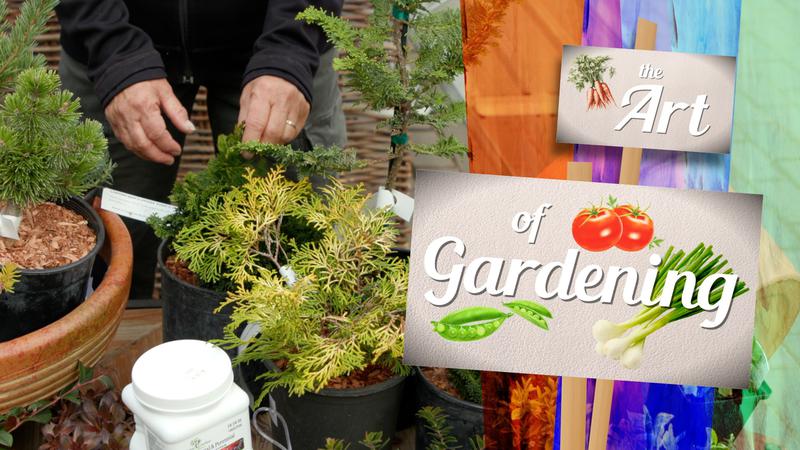To use or not to use, and if yes, how?
A while ago I was involved, together with a group of people, in putting together an exhibit focused on sustainability. It’s still on display in the open gallery at the Kamloops Art Gallery downtown. Among others, the exhibit features 11 interviews with local people, some better known than others, each with their own twist on sustainable living.
One interviewee was Charles Hays, professor of journalism at TRU. Something he said in one of the interviews stuck with me. He is among the people whose life will be turned upside down by the Kinder Morgan pipeline as it will cross through his orchard that him and his wife worked hard to put together and maintain over many years. (A side note: Dr. Hays and his wife have been donating part of their crops to the hungry people of Kamloops for many years.)
Dr. Hays said he inadvertently shocked his students by making them aware of the high price of their smart phones. He was referring to the slavery that accompanies mining for metals used in electronics we so nonchalantly buy, upgrade and discard as we see fit.
The devil’s advocates among us will point to the fact that, compassionate or not, most of us use smart phones, laptops and tablets. That includes people who are aware of the actual price. True. The second part of Dr. Hays’s remark though is where the hard truth hits: it’s about how we use the technology that often involves human sacrifice (yes, people die mining for those rare metals used in smart phones, and children as young as seven are among the workers, according to a recent report by Amnesty International).


